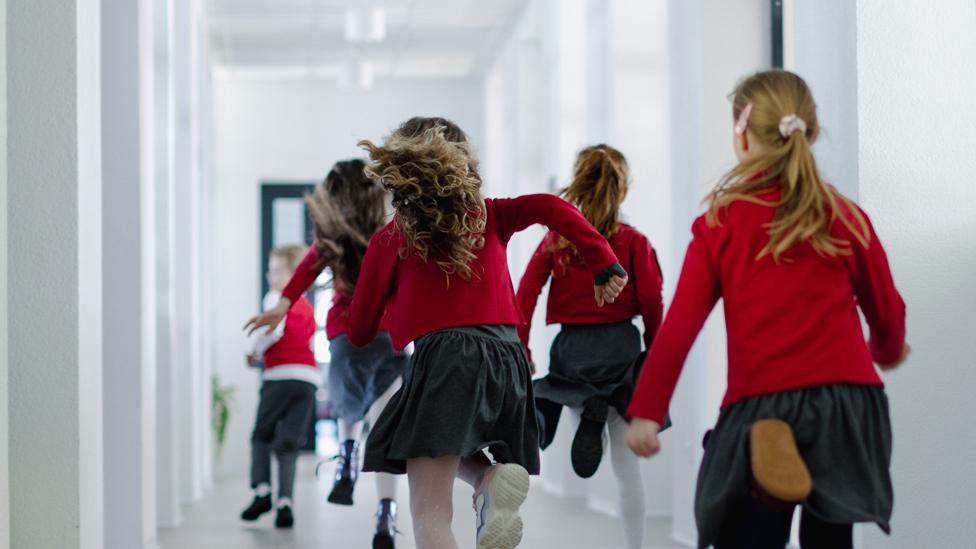Parents taking children out of Raac schools - union
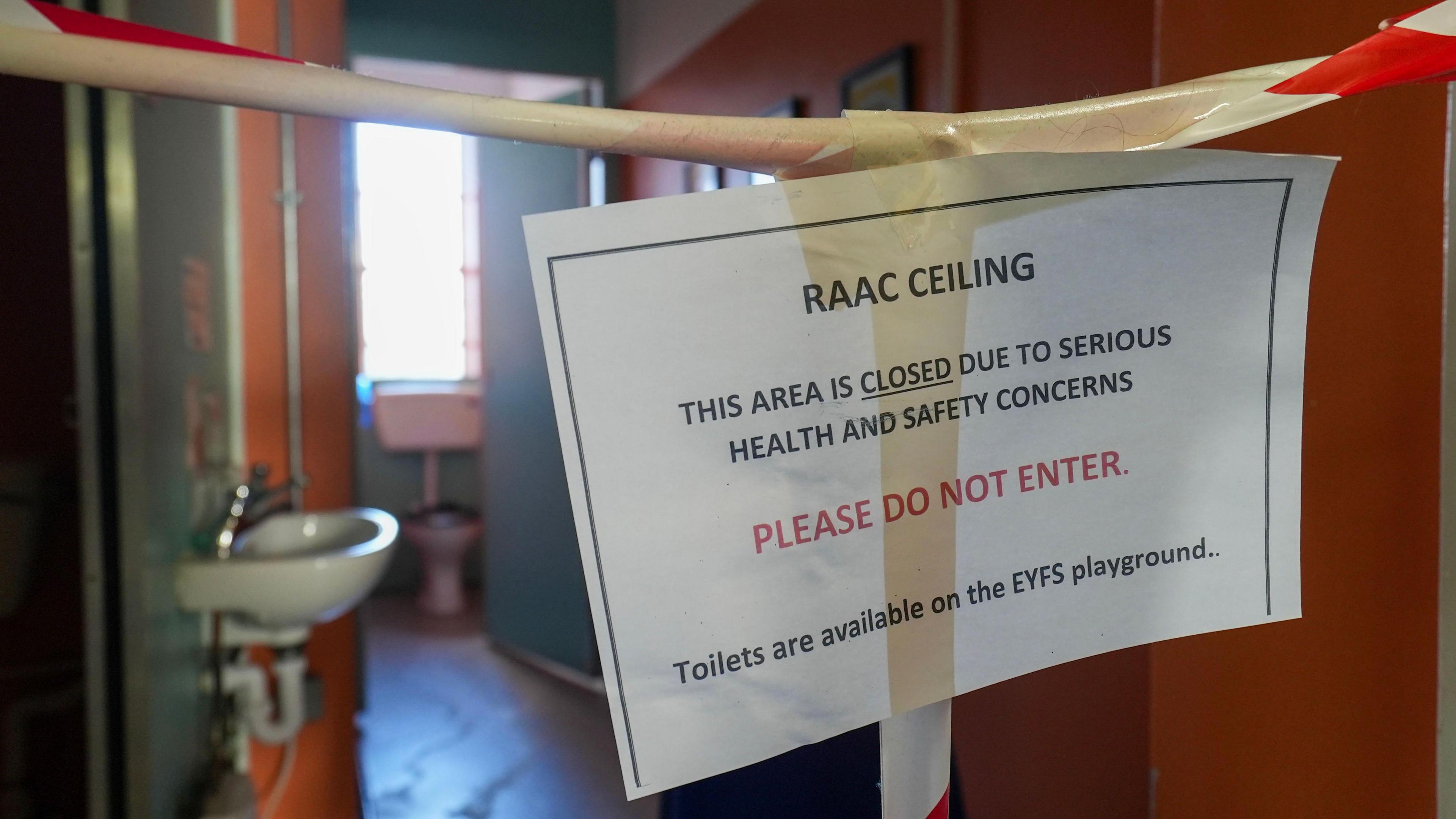
The amount of disruption in schools with Raac depends on how much there is - and where
- Published
Parents are taking their children out of schools with dangerous concrete and sending them elsewhere, a head teachers’ union says.
The Association of School and College Leaders (ASCL) said an "unacceptable" wait for mitigation works meant parents were starting to “lose confidence” and “vote with their feet”.
It called on the government to announce new money for the removal of reinforced autoclaved aerated concrete (Raac) from schools and colleges in England and to help pupils who have faced disruption to catch up.
The Department for Education (DfE) said Education Secretary Gillian Keegan had “already confirmed we are funding the removal of Raac from our schools and colleges – either through grants or through the school rebuilding programme”.
But the ASCL wants the government to commit to putting new money into efforts to eradicate Raac, rather than using existing funding set aside for buildings.
Raac is just one issue affecting schools in England. About 700,000 children are being taught in unsafe or ageing buildings, according to a National Audit Office report last year.
Pupils in unsafe schools need exam help - report
- Published18 January 2024
Raac-affected pupils 'kissing top grades goodbye'
- Published3 January 2024
Ahead of the spring Budget, in March, the ASCL has asked the chancellor to increase funding for schools, teacher pay rises, Covid catch-up and special educational needs and disabilities (SEND).
It also wants new money for schools with Raac, many of which had to close and teach remotely this year, after being told their buildings were unsafe days before the start of the autumn term.
The ASCL has called for "financial protection" for schools seeing their numbers drop because of Raac.
Pupil numbers are one of the ways, external the government determines how much funding schools in England receive.
"The unacceptable length of time taken to get approval for, commission and complete mitigation works means that schools are suffering increasing numbers of in-year pupil transfers to neighbouring schools, as parents start to lose confidence in the school and vote with their feet," the ASCL said in its submission to the Treasury., external
"ASCL members in Raac-affected schools are also reporting reduced admission applications for September 2024.
"The impact of this will have a long tail and manifest in financial detriment at school level for many years."
'Eradicate Raac'
The ASCL proposed "recovery" funding for Raac schools to "provide catch-up for pupils with lost or impacted learning".
"In the longer term, it is essential that the government commits to providing sufficient funding to totally eradicate Raac in the school and college estate," it added.
The ASCL's submission to the Treasury follows warnings from Prof Stephen Gorard, of Durham University.
Prof Gorard, who carried out an assessment of Raac's impact on St Leonard's Catholic School in the city, told BBC News some parents had moved their children to other schools.
Coursework extensions
In the most recent government list, issued last month, 231 schools in England were confirmed to have Raac - but that number could continue to rise.
Of those, 228 have reportedly returned to face-to-face learning.
But school leaders remain worried about the disruption to learning - with children taught in marquees, portable classrooms and sports halls or off site.
Some, worried about the loss of specialist spaces such as science labs and design-and-technology rooms, have called for their exam students to be given special consideration.
But the DfE told BBC News it was impossible to make changes for only some groups of students - later adding it had asked exam boards to agree to coursework extensions where possible.
Responding to the ASCL’s submission, the DfE said: “By [2024-25], school funding will reach £59.6bn – its highest level in history in real terms per pupil – and funding for children and young people with complex needs will reach over £10.5bn, an increase of over 60% in five years."
- Published22 January 2024
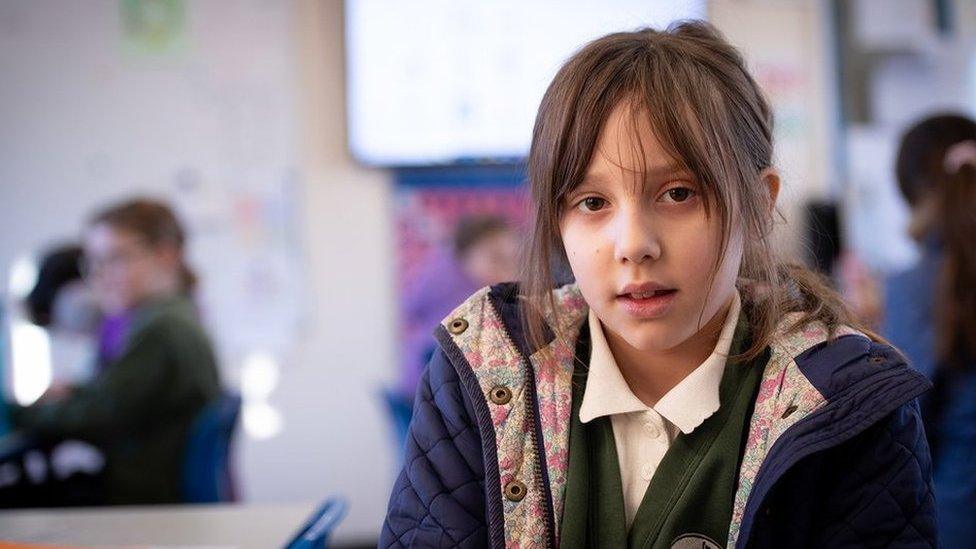
- Published11 October 2023

- Published13 February 2024
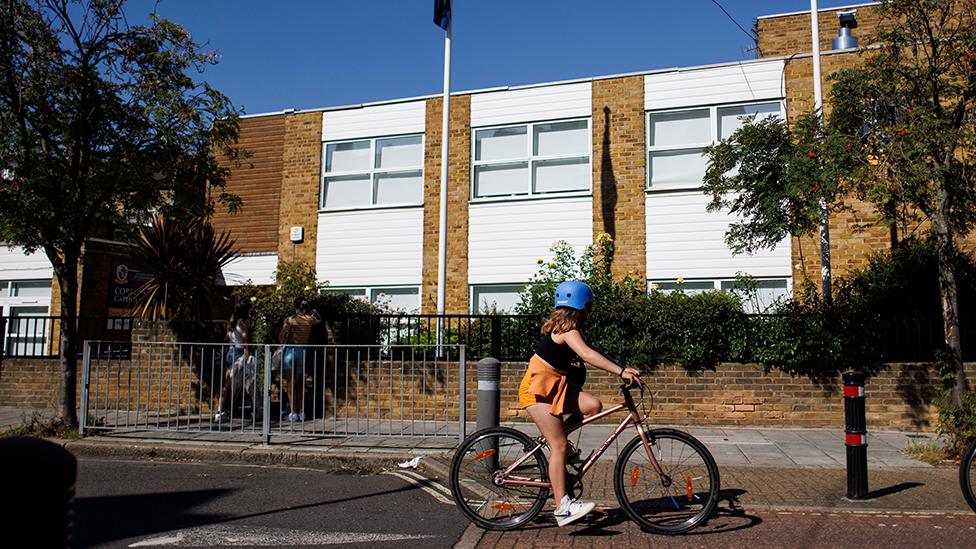
- Published19 November 2023
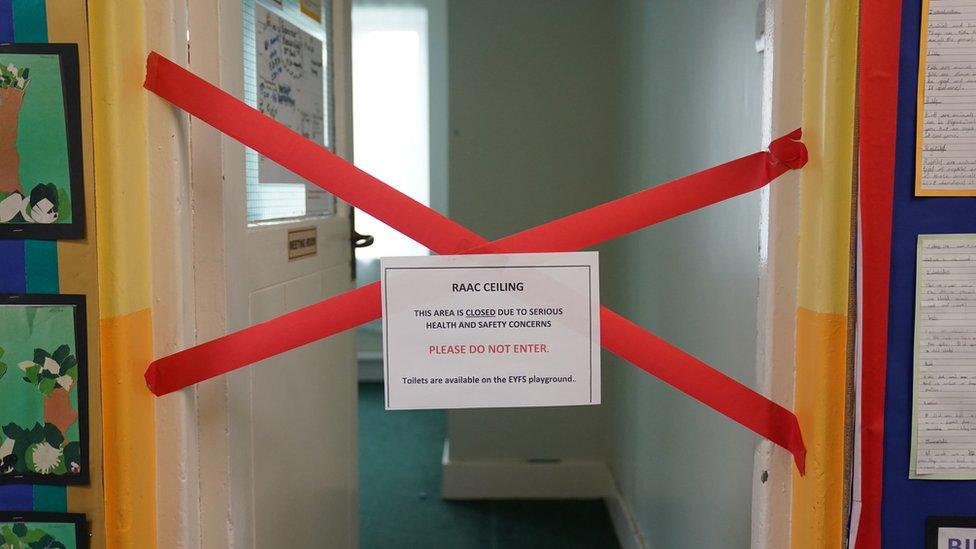
- Published28 June 2023
